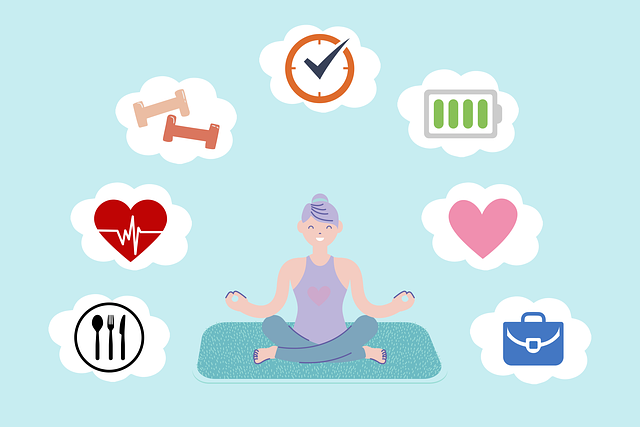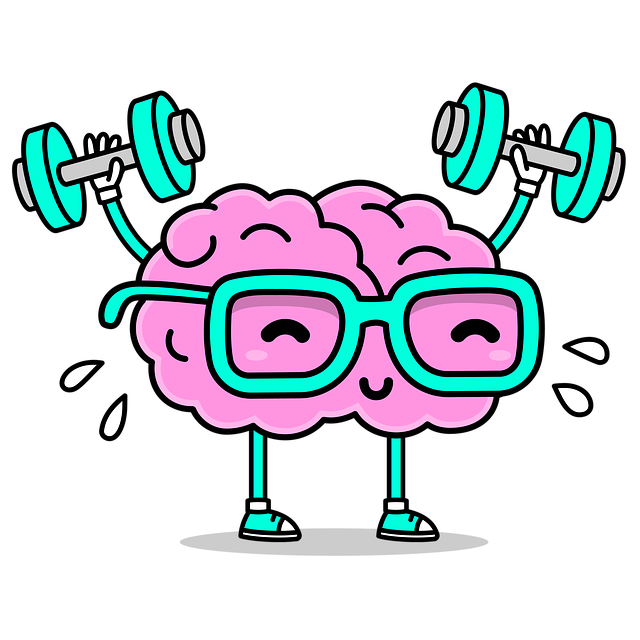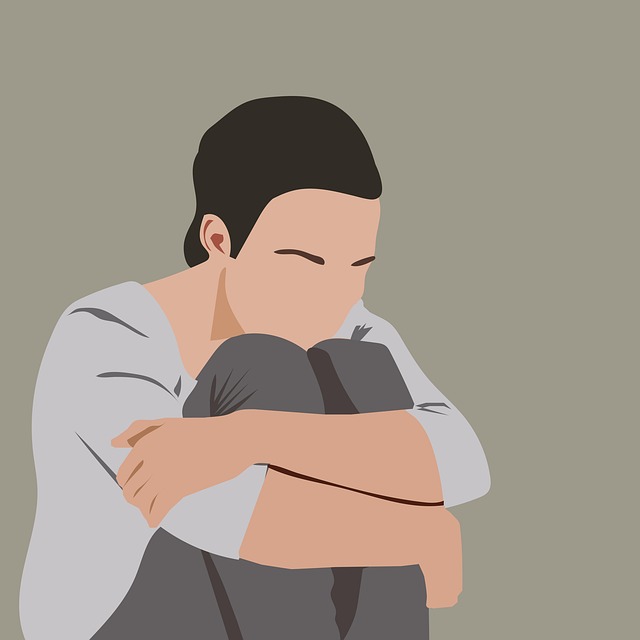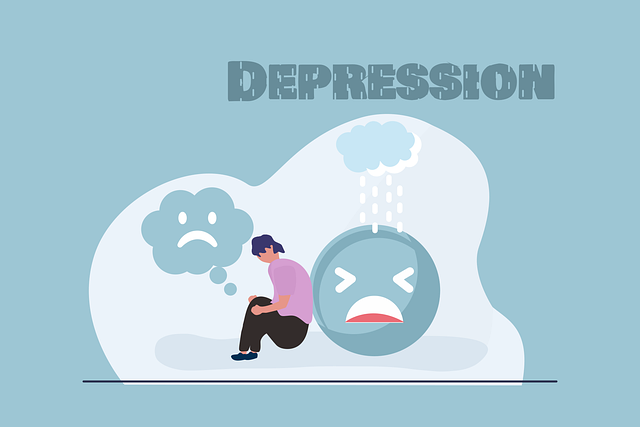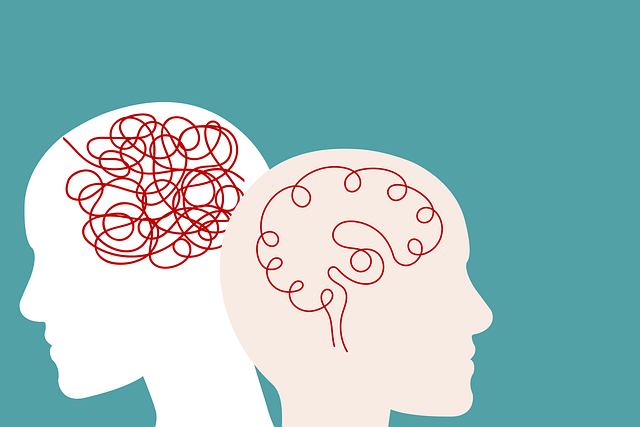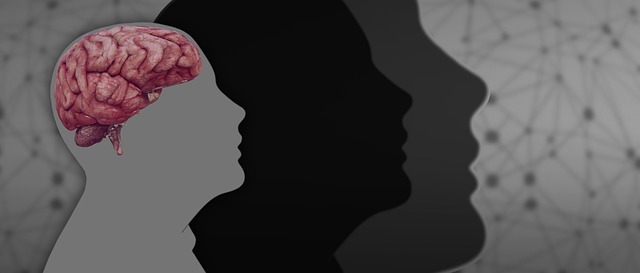Self-care is crucial for enhancing mental health through practices like mindfulness, meditation, exercise, and adequate sleep, aiding in stress, anxiety, and depression management. In therapy for grief counseling, self-care techniques facilitate emotional processing and inner strength building. Public awareness campaigns promote self-awareness exercises to empower individuals to recognize and fulfill their emotional needs. Effective self-care involves recognizing personal needs, setting boundaries, and making informed decisions. Incorporating therapy for grief counseling into routines offers safe spaces for processing loss-related emotions and provides valuable coping mechanisms. Long-term self-care integrates healthy habits into daily routines with professional guidance, fostering resilience. Support systems are vital for emotional support, open communication, and access to resources like therapy for grief counseling, enabling individuals to prioritize their mental health.
“Unwind, rejuvenate, and reconnect with yourself—it’s time to embark on a journey of self-care improvement. This comprehensive guide explores the transformative power of self-care on mental health, offering insights into recognizing your unique needs. Discover the profound impact of integrating therapy, specifically grief counseling, into your routine for emotional well-being. Learn effective strategies to sustain these practices and unlock the significance of support systems in enhancing your self-care journey.”
- Understanding Self-Care and Its Impact on Mental Health
- Recognizing Personal Needs: A Key to Effective Self-Care
- Incorporating Therapy for Grief Counseling into Your Routine
- Strategies for Sustaining Self-Care Practices Over Time
- The Role of Support Systems in Enhancing Self-Care Journey
Understanding Self-Care and Its Impact on Mental Health

Self-care is an essential practice for maintaining and enhancing mental health. It involves a range of activities and behaviors that individuals engage in to preserve their emotional, psychological, and physical well-being. From practicing mindfulness and meditation to adopting healthy habits like regular exercise and adequate sleep, self-care plays a pivotal role in managing stress, anxiety, and depression. By incorporating these practices into daily routines, individuals can foster a sense of balance and resilience, enabling them to navigate life’s challenges more effectively.
The impact of self-care on mental health is profound, as it helps to prevent the exacerbation of existing conditions and promotes overall well-being. For instance, therapy for grief counseling often incorporates self-care techniques to aid individuals in processing their emotions and building inner strength. Public awareness campaigns focused on developing self-awareness exercises can empower people to recognize their emotional needs and take proactive steps towards fulfilling them. Through such initiatives, raising awareness about the importance of self-care can lead to positive changes in mental health outcomes, ultimately enriching lives and fostering a sense of equilibrium.
Recognizing Personal Needs: A Key to Effective Self-Care

Recognizing our personal needs is a fundamental aspect of effective self-care. Often, we neglect our own well-being, prioritizing others’ happiness and fulfillment first. However, this can lead to burnout, stress, and even mental health issues. Therapy for grief counseling, for instance, emphasizes the importance of understanding and addressing individual needs, especially during challenging times. By practicing self-awareness exercises, such as journaling or meditation, we can tune into our emotions, identify triggers, and gain insights into what nourishes us physically, emotionally, and mentally.
This process allows us to set boundaries and make informed decisions about our time and energy. For mental health professionals, risk management planning is crucial. It involves recognizing personal vulnerabilities and implementing strategies to mitigate potential risks. Incorporating self-care practices into daily routines can range from dedicated relaxation periods to engaging in hobbies or physical activities that promote well-being. Public awareness campaigns development can also play a significant role by educating individuals on the importance of self-identification and proactive measures for maintaining mental health, ultimately fostering a culture where personal needs are not only acknowledged but prioritized.
Incorporating Therapy for Grief Counseling into Your Routine

Incorporating Therapy for Grief Counseling into your self-care routine can significantly enhance mental wellness. It provides a safe space to process and express emotions related to loss, whether it’s the death of a loved one or other significant life changes. Professional grief counseling offers valuable tools for coping mechanisms, helping individuals navigate their feelings in a healthy way. This therapeutic approach goes beyond surface-level self-care practices; it delves into the depths of emotion, fostering resilience and promoting better stress management.
With the increasing popularity of Mental Wellness Podcast Series Production, integrating therapy for grief counseling becomes more accessible. These platforms offer convenient ways to engage with therapists, providing guidance tailored to individual needs. By incorporating regular sessions, whether online or in-person, you invest in your long-term mental health and well-being. It’s a proactive step towards improving self-care practices, ensuring that difficult emotions are addressed rather than ignored.
Strategies for Sustaining Self-Care Practices Over Time

Maintaining self-care practices long-term requires a strategic approach that goes beyond fleeting trends. It’s about integrating healthy habits into your everyday life, making them as natural as brushing your teeth. One effective strategy is to intertwine self-care with existing routines. For instance, dedicating time each morning for mindfulness exercises or engaging in a hobby known to bring peace can set a soothing tone for the day ahead. These consistent practices provide a solid foundation for emotional well-being.
Additionally, seeking professional guidance through therapy for grief counseling can be invaluable. Grief counselors offer tools tailored to emotional regulation and anxiety relief, which are key components of self-care. By understanding mind over matter principles, individuals can develop resilience against life’s challenges. This combination of personal practice and professional support ensures that self-care remains a sustainable journey rather than a sporadic endeavor.
The Role of Support Systems in Enhancing Self-Care Journey

Support systems play a pivotal role in enhancing one’s self-care journey, offering invaluable assistance and guidance throughout the process. Whether it’s friends, family, or support groups, having a strong network can significantly contribute to improved well-being. These systems provide an opportunity for open communication, which is essential for processing emotions and seeking advice during challenging times. For instance, sharing experiences with like-minded individuals who have faced similar struggles can foster a sense of belonging and reduce feelings of isolation.
Moreover, support networks can facilitate access to various resources, including therapy for grief counseling, self-esteem improvement programs, and mood management workshops. They encourage individuals to prioritize their mental health by offering encouragement, accountability, and practical communication strategies. By leveraging these systems, people can navigate their self-care journeys with increased resilience, ultimately leading to a more fulfilling and balanced life.
Self-care is a transformative journey that requires understanding, commitment, and support. By recognizing personal needs, incorporating therapy for grief counseling when needed, and adopting sustainable strategies, individuals can significantly enhance their mental well-being. The role of support systems cannot be overstated; they provide the essential network required to navigate challenges and maintain a consistent self-care routine. With dedication and the right tools, such as professional therapy, one can foster resilience, promote healing, and cultivate a balanced and fulfilling life.
